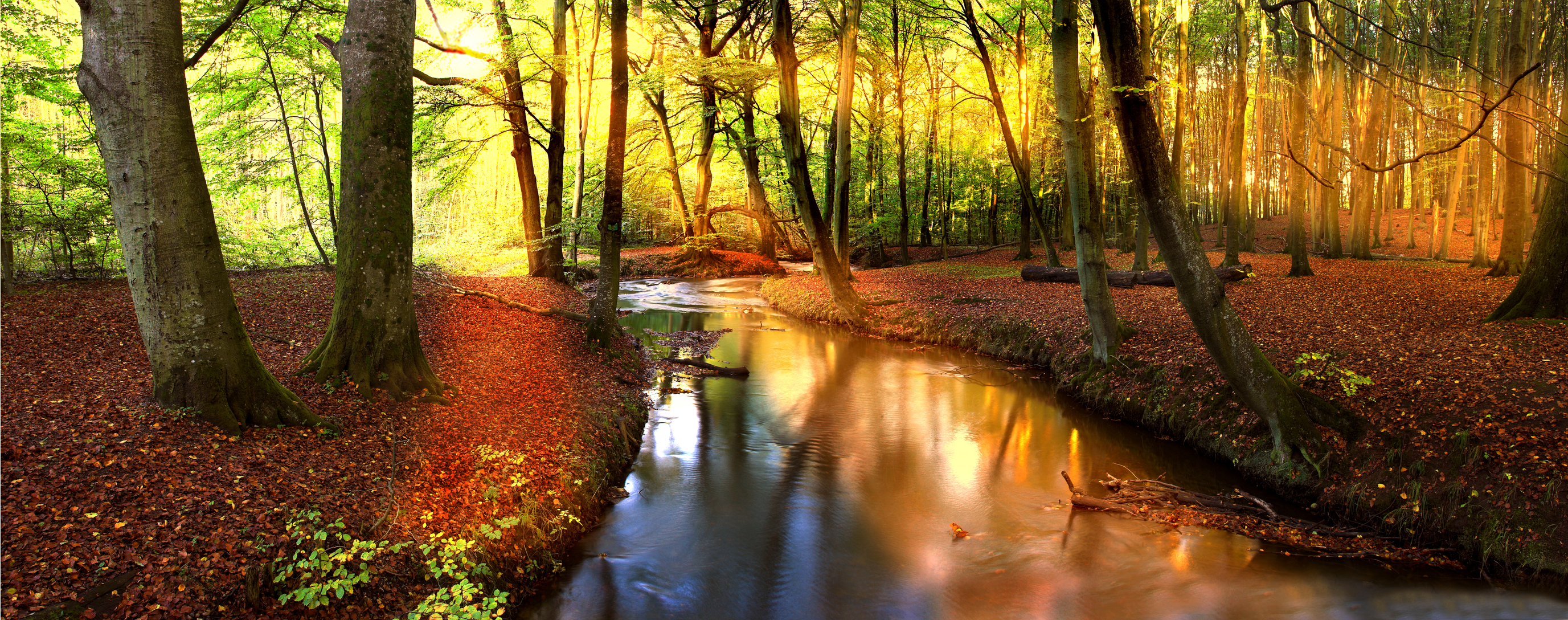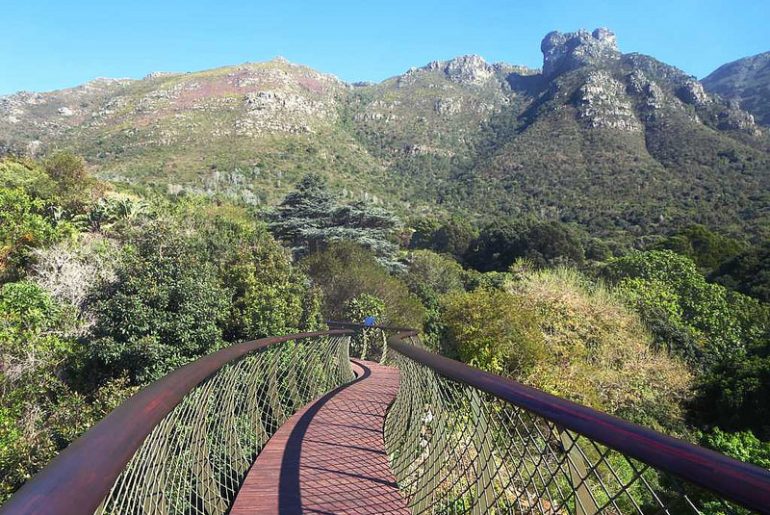This post is part of the series Mental health
Other posts in this series:
- Greenspaces: Our brains’ call to the wild (Current)
- Cape Town folk believe in mental health
I love it when evidence comes out to support my favourite theories. Patients in my practice often discuss the healing nature of nature. Of how the curved lines and gentle sounds are the perfect antidotes to our jagged plugged-in modern day lives.
The poets and writers have always known it. John Burroughs wrote: “I go to nature to be soothed and healed, and to have my senses put in order.” Over the last few years, science has concurred that the healing power of nature is more than just whimsy.
Architects and city planners are taking heed, with thought going into green spaces and blue spaces for everyone, not just the privileged. It seems that having access to these spaces have specific mental health benefits throughout our lifetimes.
We know that green spaces are the “lungs” of a city, helping clear air pollution. People go for walks and runs on greenbelts, nodding and smiling as they go, promoting physical activity and social connectedness. It seems that each generation has its own unique benefits to nature exposure.
- Greenspaces are beneficial for brain development in children.
Between 2003-2013, Barcelona University assessed 1500 children and analysed the greenness at 100, 300 and 500 meters around their homes. They did two types of attention tests at 4-5 years of age and again at seven years old. The kids with higher greenness in their lives scored significantly better.
Expanding on this, the researchers launched the multinational BREATHE project. The study looked at the MRI’s of 253 school children and estimated the children’s exposure to green spaces from birth to time of MRI; based on satellite pictures of green spaces around the children’s homes and schools. The results showed that long-term exposure to greenspaces was positively associated with higher volumes of grey and white brain matter and higher scores on cognitive tests and working memory.
We have always known that playing outdoors is good for kids. These studies showed greenspaces on satellite images; it did not comment if they were usable spaces like parks, although it included parks. Simply put, just being near nature is good for brain development.
- Nature helps adults destress
There is something that happens to our thought processes when we engage with nature. We have less critical self-talk and start opening to bigger questions, like, what is the direction my life is taking? The Japanese know this and enjoy partaking in “forest bathing“, which is essentially taking in the forest atmosphere.
Cortisol is a hormone released in response to stress. Disrupted cortisol levels are associated with mental illnesses like depression and anxiety. Several studies have been done where they take subjects’ salivary cortisol levels after a day sightseeing in the city and after a day in the forest. The day in the forest delivered much lower cortisol levels. Similar studies of cortisol levels after an afternoon of gardening or an afternoon of reading has gardening trumping with lower cortisol levels.
Hospitals are starting to take note. A study of patients after gallbladder surgery found that those who looked over a garden were discharged a day faster than those who looked at a brick wall. My patients, especially my bipolar patients who get so easily overstimulated, know the value of a cup of tea in the garden.
- Nature increases engagement and lowers frustration in older people
An interesting (although small) trial had people over 65 years of age walk around a city and woods with a portable EEG. EEGs measure electrical brainwave activity in the brain. After their walk, they also did subjective questionnaires rating their mood and experience.
The walk in the woods delivered more engagement, more enjoyment and less frustration.
Wild spaces are better for mental health than gardens. Green and blue spaces seem to have more benefits than desert spaces. The diversity of animal and plant life is more engaging than a flat lawn. But even trees planted along roadsides have proven to be more beneficial than concrete curbs.
MRI’s, cortisol levels, questionnaires, EEGs- these are all interesting measurements of what we already know but often forget. Dante said, “Nature is the art of God”.

Continue reading this series:
Cape Town folk believe in mental health





5 Comments
I always try to say something positive about your posts but on this one I am distraught. Growing up in suburban Cape Town we had open parks, public gardens, green belts, forests, mountains and to our shame segregated beaches, to visit for free and at will. When I was upset I can remember putting on my hiking boots and climbing alone up the back of Table Mountain from Constantia neck to reach the breath-taking and uplifting view from the top in under an hour. Somehow that put everything in perspective.
My sister had a similar routine either on horseback on in her running gear, weaving in and out of the forest, via “secret” paths that connect adjacent suburbs. Everyone we passed was cordial, if not friendly. Never once were we accosted or ever harmed. Now after a spate of muggings, gang rapes and murders in our green spaces as well as on Table Mountain we now advise family members from overseas who come and stay with us: “Never go there unless you are in a crowd,” “That area is out of bounds for jogging,” “Don’t go to that beach. It is strewn with used condoms….” etc. It feels like some terrible demon has robbed us of our sacred spaces.
It is very sad and frightening
There is a silver lining to the terrible crimes committed in Tokai forest and the surrounding Constantiaberg Mountains. Now if we want to get out and commune with Nature, we have to take multiple people from our community with us. These are folks that otherwise we would never have met in person, except maybe in passing at Pick & Pay. Now on the mountain or in the forest we have to be attentive to one another, literally watching each other’s backs and sometimes literally taking each other’s hands. So in an unforeseen way we are now obliged to commune with each other first if we want commune with Nature.
Pingback: The happiness enigma - drmarcellestastny
Pingback: A new home for my practice - drmarcellestastny